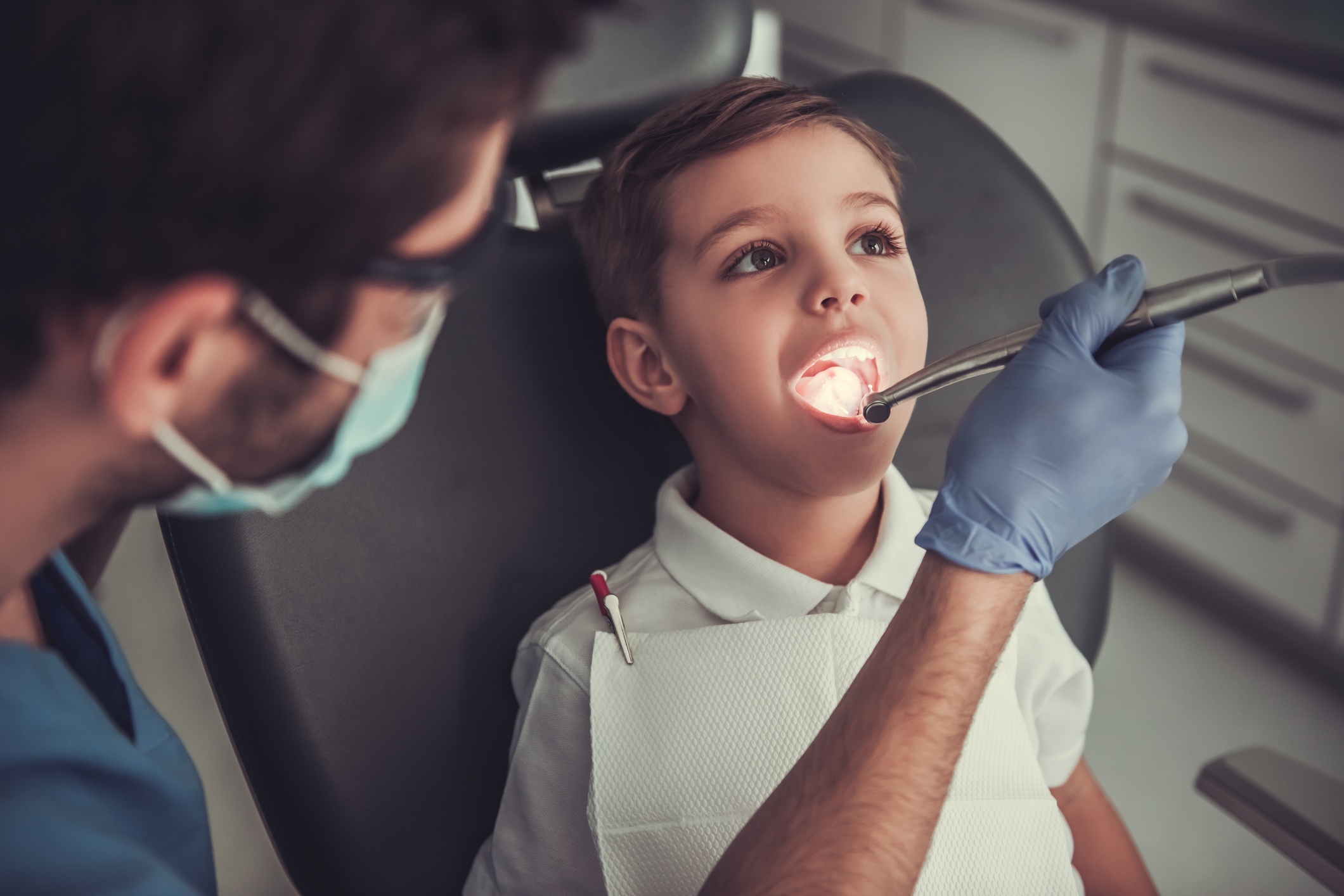By Kate Ranta on Mar 17, 2016 @ 09:00 AM
The American Association of Orthodontists recommends children have an initial evaluation by an orthodontist at age seven. Many parents are surprised to learn that their child should be seen by an orthodontist at this relatively young age. Most assume an orthodontist evaluation wouldn't be necessary until the child is a teenager. It’s common to believe that all permanent teeth must be in before orthodontia. But, early evaluations are needed in some cases.
Indications Pre-Orthodontia is Necessary
How do you know if your child needs pre-orthodontia? Your pediatric dentist can advise you when it is appropriate to take your child to an orthodontist. Children with the following symptoms are more likely to need it:
- Difficulty chewing
- Late loss of baby teeth (typically starts around age 5)
- Early loss of baby teeth
- Speech issues
- Teeth that protrude
- Mouth breathing
- Difficulty biting
- Cross bite or teeth that don't come together appropriately
- Crowded front teeth
- Thumb-sucking past age five
If your child exhibits any of the above symptoms, be sure to talk to your pediatric dentist about it
What is Pre-Orthodontia?
Treatment typically begins around age eight, after an initial evaluation and a determination that it is needed. There are multiple goals, including correcting the growth of the jaw to reduce any under bite and making room for permanent teeth to come in. In some cases, it is actually easier to correct a bite problem when the child is younger. Using orthodontics, the direction and amount of jaw growth can be corrected. This can make space for permanent adult teeth so they don't need to be removed in the future.
During this phase of treatment, facial growth will be monitored. The orthodontist will also chart the eruption of permanent teeth.
Advantages of Pre-Orthodontia
Early treatment of identified issues may prevent the need for more intense orthodontic treatment later. This may mean avoiding tooth extraction and surgery. The result is saved time and money. Unpleasant procedures are also avoided. Both parents and children benefit.
By having an evaluation around age seven, it is possible to estimate future treatment needs. Also, treatment can be planned so it can start at the correct time. Overall treatment may be minimized by starting at a younger age.
If you have concerns about your child's teeth, be sure to talk with your pediatric dentist. Ask if pre-orthodontia would make sense for your child.





comments